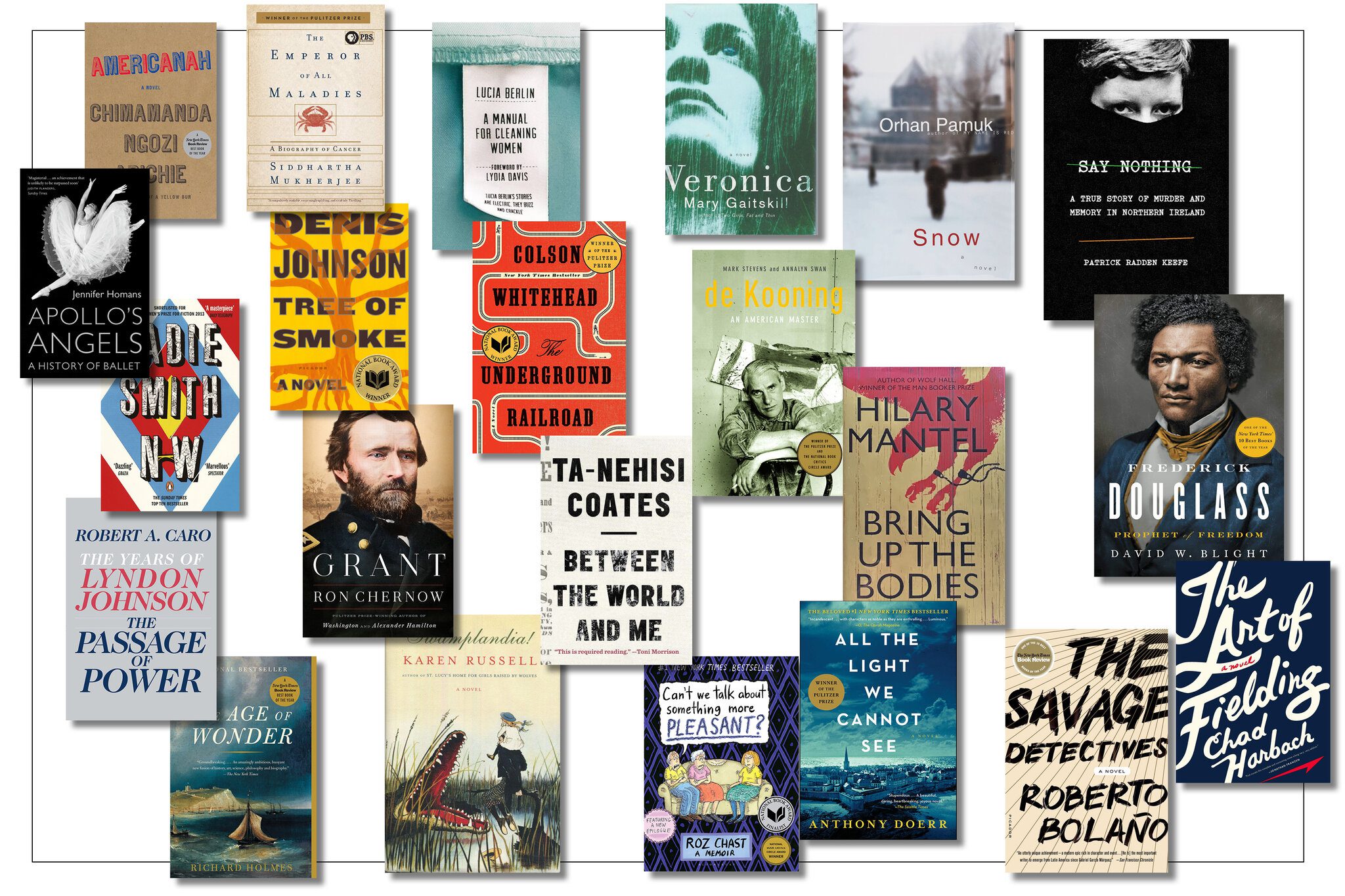Here are 10 timeless literary classics that continue to captivate readers around the world:
1. “To Kill a Mockingbird” by Harper Lee: A powerful exploration of racial injustice and compassion in 1930s Alabama.
2. “1984” by George Orwell: A dystopian novel warning against the dangers of authoritarianism and surveillance.
3. “Pride and Prejudice” by Jane Austen: A classic romance set in early 19th-century England, examining class and love.
4. “The Great Gatsby” by F. Scott Fitzgerald: Capturing the decadence and disillusionment of the Roaring Twenties.
5. “The Catcher in the Rye” by J.D. Salinger: A coming-of-age tale following an adolescent’s journey through alienation and angst.
6. “Moby-Dick” by Herman Melville: A tale of obsession, fate, and the destructive power of nature.
7. “War and Peace” by Leo Tolstoy: A monumental novel chronicling the lives of Russian aristocrats during the Napoleonic Wars.
8. “The Lord of the Rings” by J.R.R. Tolkien: A fantasy epic of heroism, sacrifice, and the quest to destroy the One Ring.
9. “Jane Eyre” by Charlotte Bronte: A gothic romance exploring gender roles, social class, and self-respect.
10. “One Hundred Years of Solitude” by Gabriel Garcia Marquez: A masterpiece of magical realism following the Buendia family in the mythical town of Macondo.
1. “To Kill a Mockingbird” by Harper Lee
“To Kill a Mockingbird” is a Pulitzer Prize-winning novel that explores themes of racial injustice, morality, and compassion. Set in the 1930s in the fictional town of Maycomb, Alabama, the story follows young Scout Finch as she learns about the complexities of human nature and the harsh realities of racism.
2. “1984” by George Orwell
“1984” is a dystopian novel that envisions a totalitarian society where individual freedom is severely restricted by a repressive government. Orwell’s bleak portrayal of a surveillance state has become a cautionary tale about the dangers of authoritarianism and the importance of defending civil liberties.
3. “Pride and Prejudice” by Jane Austen
“Pride and Prejudice” is a classic romantic novel that explores themes of class, love, and social propriety in early 19th-century England. The story follows the spirited Elizabeth Bennet as she navigates the complexities of relationships and learns to overcome her own prejudices.
4. “The Great Gatsby” by F. Scott Fitzgerald
“The Great Gatsby” is a novel that captures the decadence and disillusionment of the Roaring Twenties in America. Through the eyes of narrator Nick Carraway, the reader is introduced to the enigmatic Jay Gatsby and his obsession with the elusive Daisy Buchanan.
5. “The Catcher in the Rye” by J.D. Salinger
“The Catcher in the Rye” is a coming-of-age novel that follows disillusioned teenager Holden Caulfield as he navigates the challenges of adolescence in post-World War II America. Salinger’s portrayal of alienation and teenage angst has resonated with readers for generations.
6. “Moby-Dick” by Herman Melville
“Moby-Dick” is a sprawling epic that explores themes of obsession, fate, and the destructive power of nature. The novel follows Captain Ahab as he seeks revenge on the white whale that has eluded him, leading to a devastating climax that questions the limits of human ambition.
7. “War and Peace” by Leo Tolstoy
“War and Peace” is a monumental novel that chronicles the lives of Russian aristocrats during the Napoleonic Wars. Tolstoy’s masterpiece is renowned for its rich character development, philosophical insights, and panoramic view of history.
8. “The Lord of the Rings” by J.R.R. Tolkien
“The Lord of the Rings” is a fantasy epic that follows the quest of Frodo Baggins to destroy the One Ring and defeat the dark lord Sauron. Tolkien’s immersive world-building, intricate mythology, and timeless themes of heroism and sacrifice have made this trilogy a beloved classic.
9. “Jane Eyre” by Charlotte Bronte
“Jane Eyre” is a Gothic romance novel that follows the resilient orphan Jane Eyre as she overcomes adversity and finds love in the brooding Mr. Rochester. Bronte’s exploration of gender roles, social class, and the power of self-respect has made this novel a enduring classic.
10. “One Hundred Years of Solitude” by Gabriel Garcia Marquez
“One Hundred Years of Solitude” is a landmark work of magical realism that tells the story of the Buendia family and their mythical town of Macondo. Marquez’s lyrical prose, innovative narrative structure, and vivid storytelling have cemented this novel’s place as a masterpiece of world literature.
